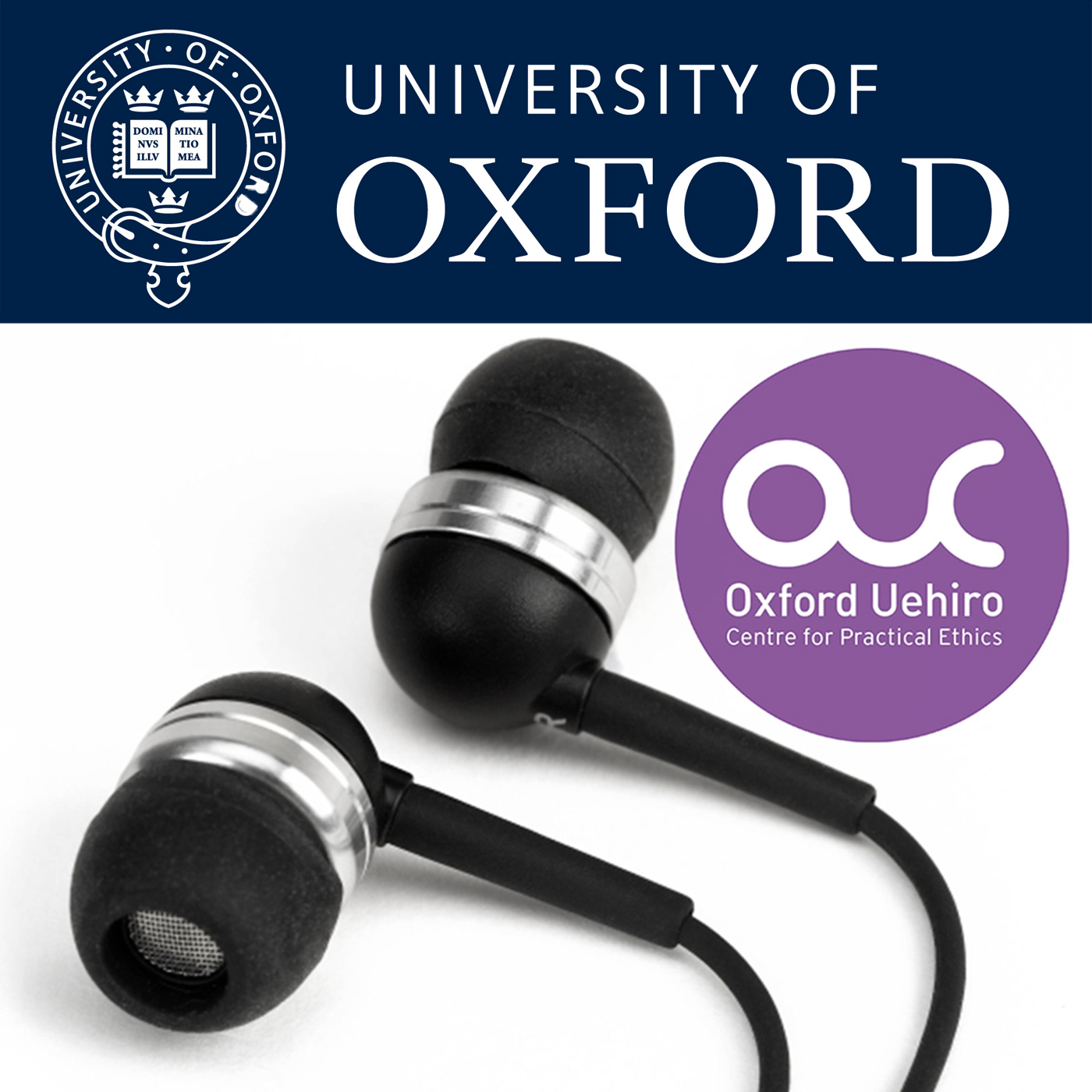Autism and Moral Responsibility: Executive Function and the Reactive Attitudes
Description
Professor Richman's talk combines differing theories of models of autism and moral responsibility, and explores the practical implications arising from these ideas. Although criteria for identifying autism have been established based on behavioral factors, researchers are still exploring and developing models to describe the cognitive and affective differences that lead to the known behaviors. Some of these models offer competing ways of understanding autism; some simply describe characteristics of autism. Significantly, these models tend to involve cognitive functions that are also cited in accounts of moral responsibility. This suggests that autism may be a reason not to blame an autistic person for some actions that transgress social, ethical, or legal expectations even when we would certainly blame a neurotypical person for the same action.
Whether to treat autism as exculpatory in any given circumstance appears to be influenced both by models of autism and by theories of moral responsibility. This talk will focus on a limited range of theories: autism as characterized in terms of executive function deficit, and moral responsibility based on access to appropriate reactive attitudes. In pursuing this particular combination of ideas, I do not intend to endorse them. The goal is, instead, to explore the implications of this combination of influential ideas about autism and about moral responsibility. These implications can be quite serious and practical for autists and those who interact directly with autists, as well as for broader communities as they attend to the fair, compassionate, and respectful treatment of increasing numbers of autistic adults.
More Episodes
A St Cross Special Ethics Seminar, recorded at St Cross College, Oxford in February 2024. Demandingness objections have become a stock argument in ethics claiming that single moral demands or entire moral theories must be given up or altered if they ask too much of agents. But can we clearly...
Published 03/28/24
Professor Predrag uses a comparison of money and morality to explore the mutual relationship between morality and personality. To clarify the tension that exists between morality and personality, Cicovacki opens his talk by comparing the development of the money economy and morality. Money and...
Published 11/09/23
Professor Mark Coeckelbergh considers whether AI poses a risk for democracy n this St Cross Special Ethics Seminar Cases such as Cambridge Analytica or the use of AI by the Chinese government suggest that the use of artificial intelligence (AI) creates some risks for democracy. This paper...
Published 03/13/23


